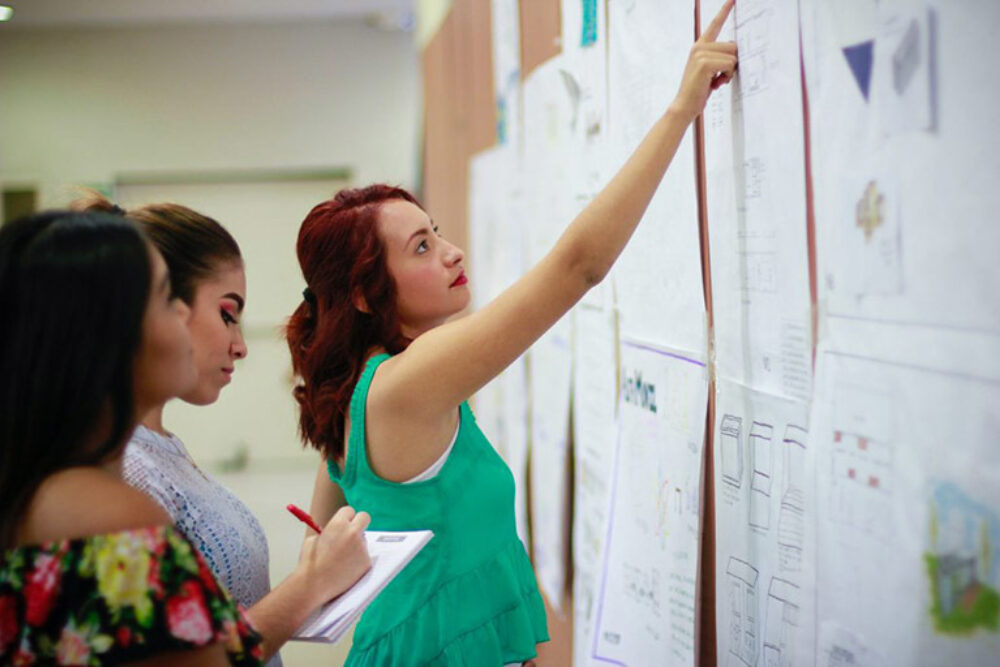Building Safe and Engaged Classrooms
Accredited professional learning for educators to create trauma-responsive, inclusive and mentally healthy classrooms.

Creating Trauma-Responsive Classrooms That Support All Learners
Building Safe and Engaged Classrooms is an accredited professional learning course for proficient teachers, designed to equip educators with the knowledge and strategies to create trauma-responsive, inclusive and mentally healthy learning environments. The course is accredited by the New South Wales Education Standards Authority (NESA) and the Australian Capital Territory Teacher Quality Institute (ACT TQI) and aligns with priority area: Student/Child Mental Health.
Grounded in contemporary research on trauma, neurodevelopment, and inclusive education, the course supports teachers, school leaders, and education support staff in understanding the impact of trauma and adverse childhood experiences (ACEs) on student behaviour, cognition, and learning. Participants engage in interactive presentations, collaborative discussions, and practical activities that foster reflective practice and immediate application in classroom settings.
Course Objectives and Content Overview
- The neurobiological and psychosocial effects of trauma and ACEs on children and adolescents.
- The role of educator self-regulation in supporting student co-regulation and emotional safety.
- Strategies for establishing predictable routines that reduce anxiety and behavioural disruptions.
- Inclusive pedagogical approaches that support engagement and participation for students of all abilities.
- Respectful and effective responses to behavioural dysregulation that promote de-escalation and emotional regulation.
Key Learnings and Strategies Introduced
- High-Impact Engagement Strategies: Techniques to increase student participation and motivation.
- Collaborative Proactive Solutions: A structured approach to problem-solving that centres student voice and shared responsibility.
- Self-Regulation and Co-Regulation Techniques: Tools for managing emotional responses and modelling calm, connected behaviour.
- Inclusive Classroom Routines and Behaviour Support: Practices that foster consistency, safety, and belonging.
Teaching Standards Addressed
- 4.1.2 – Support student participation
- 4.2.2 – Manage classroom activities
- 4.3.2 – Manage challenging behaviour
Participant Feedback
“It was fascinating to consider how my own behaviours and responses can impact on students and my colleagues. How I self-regulate is a huge part in co-regulation with students. This course had great examples of what you can do, with lots of tips and tools to use, as well as theory.”
Additional Information
- Target Audience: Teachers, school leaders and education support staff
- Course Duration: 1 day (with optional follow-up support)
- Delivery Mode: In-person or online
- Accreditation: NSW NESA and ACT TQI

